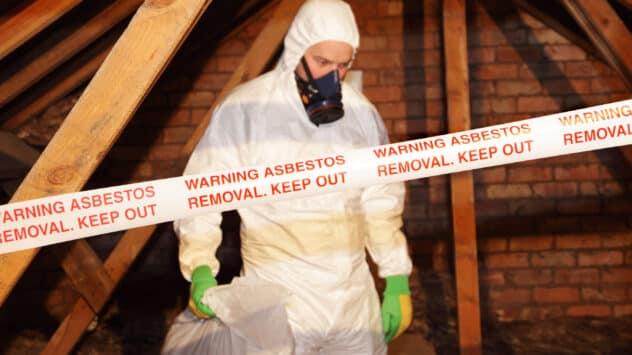
A Triumph and Disgrace: The Very Slow Road to Banning Asbestos
Like almost all things chemical in the United States, the recent announcement by the Biden administration that it is banning a major form of asbestos is both a triumph and a disgrace.

Like almost all things chemical in the United States, the recent announcement by the Biden administration that it is banning a major form of asbestos is both a triumph and a disgrace.
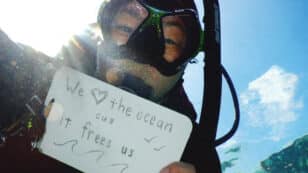
Each year, Earth Day provides an opportunity to reflect on the natural world and the benefits it confers to humanity. Conservation and preservation typically dominate the conversation. Well-meaning, these can unwittingly create a narrative that we can only protect wild spaces by keeping humans out; and we wonder why this doesn’t inspire sufficient action to address our pressing environmental challenges.

When I read news about the latest IPCC climate assessment report, or predictions of imminent mass extinction, I admit that the statistics — the exact degree of warming, the number of feet sea levels will rise, how many species will die — find fewer footholds in my brain than the overwhelming sorrow they elicit.
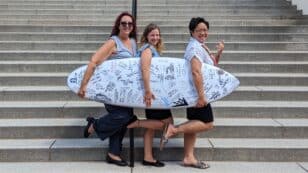
On Apr. 4, more than 30 advocates took to the Florida State Capitol in Tallahassee, FL for Florida Healthy Beaches Day.
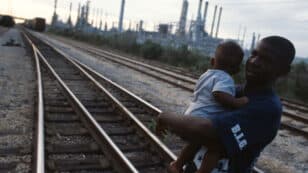
On Wednesday, Norfolk Southern CEO Alan Shaw told a Senate hearing he was “terribly sorry” for February’s fiery train derailment in East Palestine, Ohio. The train was loaded with poisonous chemicals. The most notable was vinyl chloride, a known human carcinogen. The resulting spills and plumes sickened many residents, killed 40,000 fish, and caused a temporary evacuation of many of the town’s 4,700 residents.
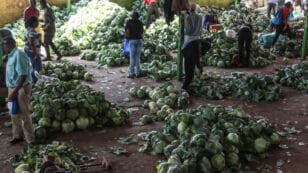
By Abay Yimere Food loss and waste are major problems around the world. When food is tossed aside or allowed to spoil, it makes economies less productive and leaves people hungry. It also harms Earth’s climate by generating methane, a potent greenhouse gas. Food loss and waste accounts for 4% of global greenhouse gas emissions. If […]
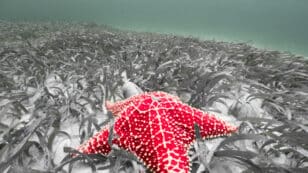
Have you ever heard the story of the old man walking along the beach and seeing a young man throwing something into the water over and over again? When the old man approaches the boy, he sees he is picking up starfish that had been stranded during low tide and throwing them back into the […]
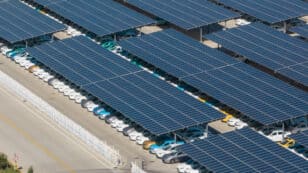
France has approved legislation that will require all car parks with more than 80 spaces to be covered over by solar panels.
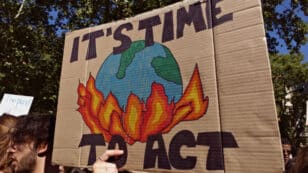
Fossil Free Research is an international movement working to expose and dismantle Big Oil’s toxic influence on climate research by advocating for institutions to adopt a Fossil Free Research policy – a ban on fossil fuel industry funding for climate change-related research.